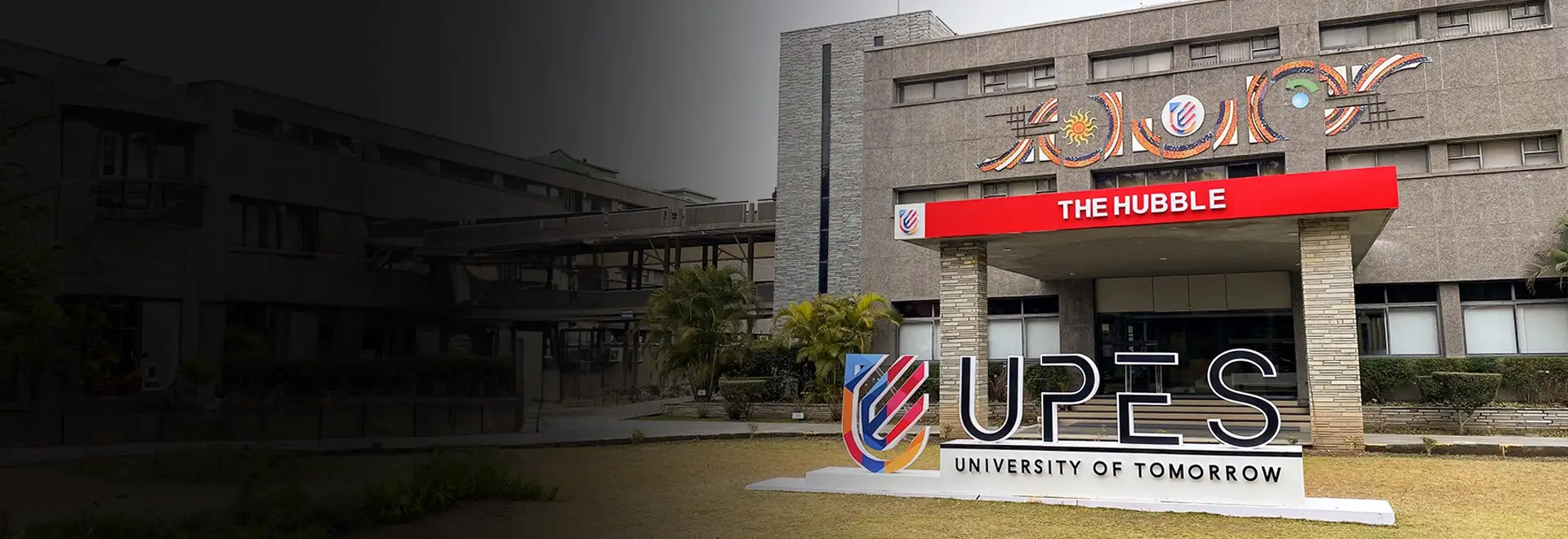- Home
- Sustainable Development Goal
- Sustainable Development Goal 5
Sustainable Development Goal 5: Gender Equality
Overview
SDG 5 highlights gender equality as a fundamental human right and a critical component to attaining other development objectives. It advocates for tackling globally rooted gender norms, stereotypes, and discriminatory behaviors, requiring concerted efforts from governments, civil society, the commercial sector, and people to achieve a more inclusive and just world.
Goals under the SDG are:
- Eliminate all forms of discrimination, violence, and harmful practices based on gender.
- Ensure Equal Access to Education at all levels, irrespective of gender.
- Eliminate Gender Disparities in Health
- Promote Equal Participation at all levels of decision-making in political, economic, and public life.
- Recognize and value unpaid care and domestic work and promote shared responsibility within the household.
- Eliminate child marriage and female genital mutilation and other harmful practices.
- Ensure Equal Economic Opportunities.
- Enhance Technology and Innovation for Gender Equality
- Strengthen Legislation and Policies for Gender Equality
- Promote Gender-Responsive Sustainable Development
Major Activities conducted/ policies implemented by UPES:
- Shakti: Program for the emerging women leaders at UPES. The purpose of the program is to develop the leadership capability of our women leaders who have been taken through a carefully designed intervention focused on adaptive skills, emotional intelligence, communication effectiveness and multiple, other competencies needed to be successful in the world of tomorrow. The program is spread over nine months and is based on real empowerment focusing on adaptive skills, emotional intelligence, business communication, and team management. 30 women staff members are being mentored through this programme every year. 120 women employees have completed the programme till date.
- 'Project Swavalamban': Under the aegis of Project Happiness, 'Ashaye' and 'Project Swavalamban' started from today for the empowerment of Class IV women employees in UPES Dehradun located in village Bidholi. 'Project Swavalamban' has been started with a grant from the American Embassy and the joint cooperation of Swachha Bharat. This grant is considered a very prestigious grant. Through this project, an initiative is being taken to make the women housekeeping staff working in the UPES University campus self-reliant by giving 72 hours training. In this training, information related to English language knowledge, technology, communication skills, digital literacy, legal rights and health will be given by university professors. 40 women housekeeping staff participated in this program with great enthusiasm. This program was successfully organized by Gaurav Mishra, Dr. Ritam Dutta, and Pooja Khanna. In this training programme, 16 professors from UPES will impart training to the women housekeeping staff.
- UPES scholarship provides 25% scholarship to girl students, to encourage girl child enrolment in higher education. 1300+ girls joined UPES under this category with an overall Increase in girl enrolment ratio by 8%.
- Project Artisan to Artisan Outreach Through design education, this project empowered 27 women weavers in a remote village of Ladakh. Design skills were imparted for collective production and sales of back-strap loom carpets, considering responsible consumption and production that uses affordable-clean energy. The project focuses on creating income opportunities, thus addressing no poverty, empowering women artisans in a remote village- agencies to gender equality. The project is a partnership between education institutes and local NGOs. The project empowers local communities with decent work, which sustains their cultural heritage, without migration to cities from villages, an issue faced in the Ladakh Mountains.
5.3 - Access measures
5.3.1 - Measuring women’s application rate, acceptance/entry rate
5.3.2 - Policy addressing women’s applications, acceptance/entry
5.3.3 - Providing women’s access schemes
5.3.4 - Encouraging applications by women in subjects where they are underrepresented
5.6 - Progress Measures
5.6.1 - Policy of non-discrimination against women
5.6.2 - Policy of non-discrimination for transgender people
5.6.3 - Maternity and paternity policies that support women’s participation
5.6.4 - Accessible childcare facilities for students
5.6.5 - Childcare facilities for staff and faculty
5.6.6 - Women’s mentoring schemes
5.6.7 - Measurement/tracking of women’s likelihood of graduating compared to men’s
5.6.8 - Policy that protects those reporting discrimination from educational or employment disadvantage
5.6.9 - Maternity policies that support women’s participation
